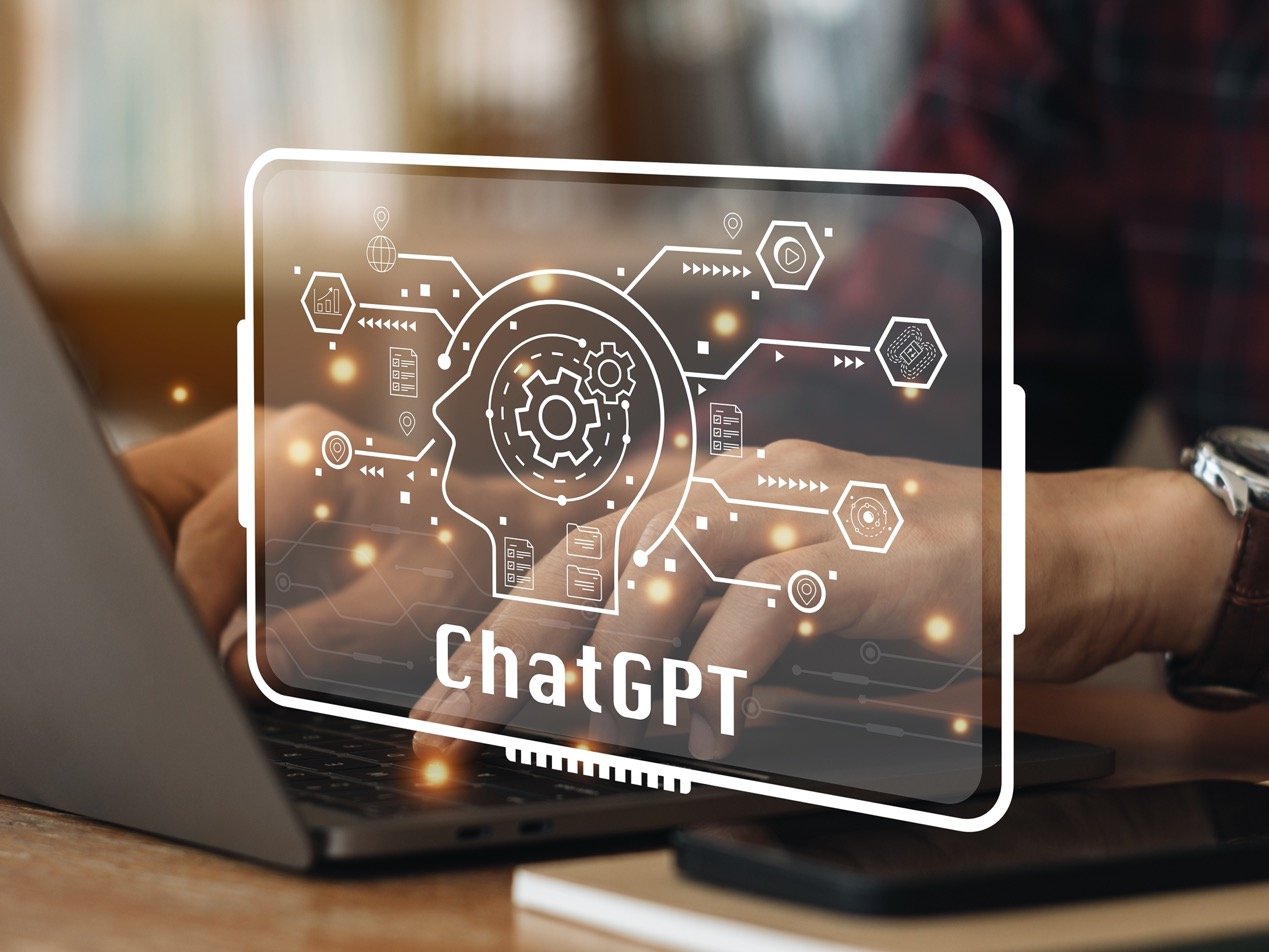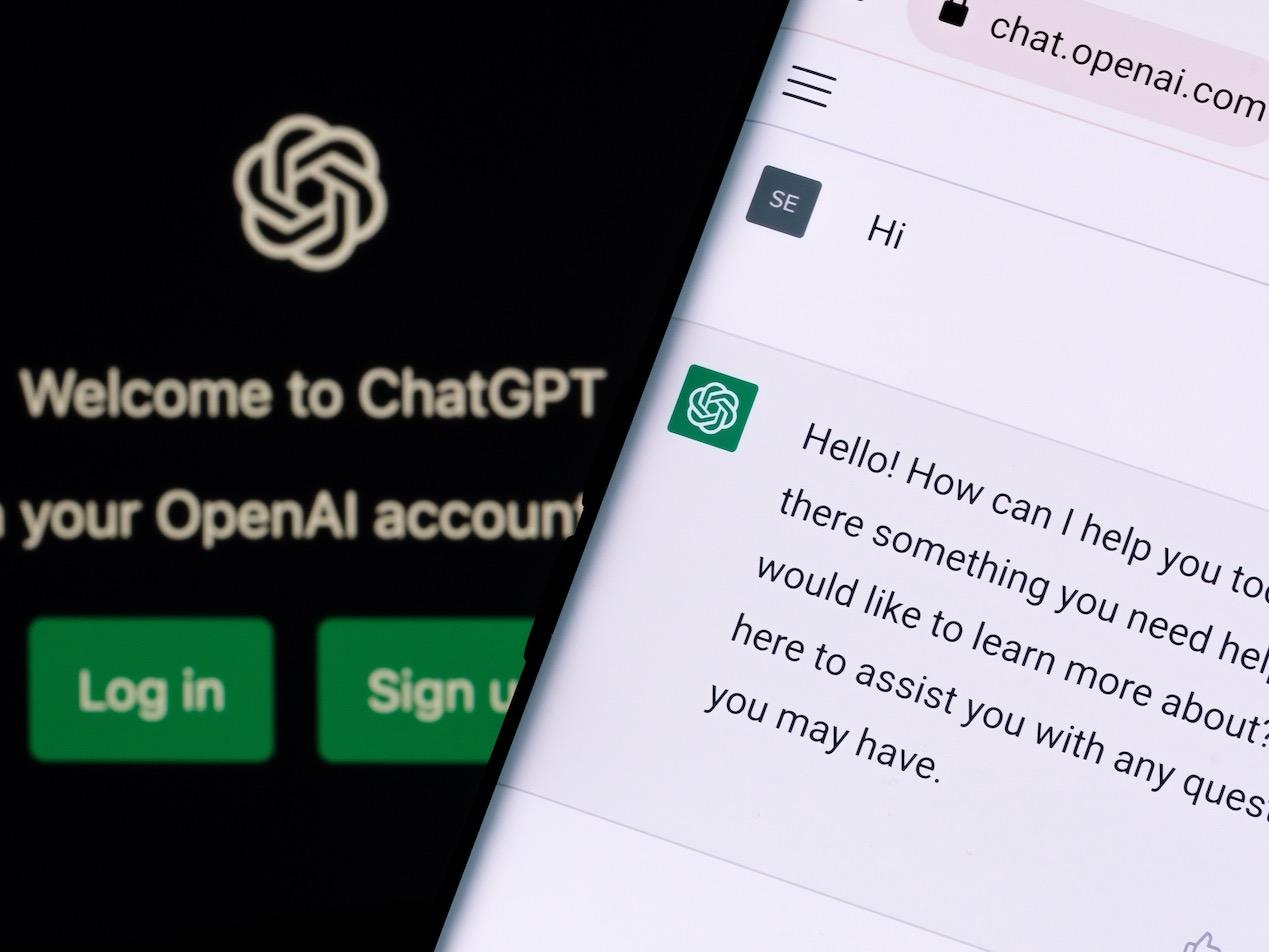
Updated: May 16, 2023
While ChatGPT is the most popular example of a GPT agent, using agents in a U.S. healthcare setting warrants discussion.
What’s happening: GPT agents are AI systems that use a GPT model to perform tasks like generating text, answering questions, translating languages, or engaging in conversation.
Why it matters: Imagine having a GPT agent with the knowledge of say, WebMD, connected to your watch or phone, yielding realtime medical advice based on your activities.
What's GPT again?: GPT stands for "generative pre-trained transformer." It's a type of artificial intelligence language model developed by OpenAI. It has three components:
- Generative: The model can generate coherent and relevant text, given a specific input or prompt.
- Pre-trained: The model has been trained on a massive dataset of text from the internet before being fine-tuned for specific tasks or applications.
- Transformer: This refers to the underlying architecture used in the model, which is based on the Transformer architecture introduced by Vaswani et al. in a 2017 paper titled "Attention is All You Need." The Transformer architecture has become the foundation for many state-of-the-art natural language processing models, including GPT.
Caveats:
- At present, OpenAI does not sign a business associate agreement (BAA).
- Information submitted via ChatGPT is stored by OpenAI (for training purposes).
- If you use the OpenAI API, you can request for information not to be stored (opt-out).
- GPT agents do not have a memory. In other words, they can't recall specific facts or details from past exchanges.
- ChatGPT is often wrong, even GPT-4.
How ChatGPT handles data:
According to OpenAI's data policies as of March 1, 2023:
- OpenAI will not use data submitted by customers via API to train or improve our models, unless explicitly opted in to share data..
- Any data sent through the API will be retained for abuse and misuse monitoring purposes for a maximum of 30 days, after which it will be deleted (unless otherwise required by law).
- Non-API data is used in AI training by default, but users can opt out of having their data used in training by submitting this form.
The bottom line: Opportunity in healthcare for GPT agents exists:
- Opt-out of having OpenAI store information submitted via its API.
- Create an agent that can store memory, either via a database or a memory-augmented neural network.
- For now, the healthcare GPT agent should be actively monitored by humans for accuracy.
Subscribe to Paubox Weekly
Every Friday we'll bring you the most important news from Paubox. Our aim is to make you smarter, faster.

 Hoala Greevy
Hoala Greevy



